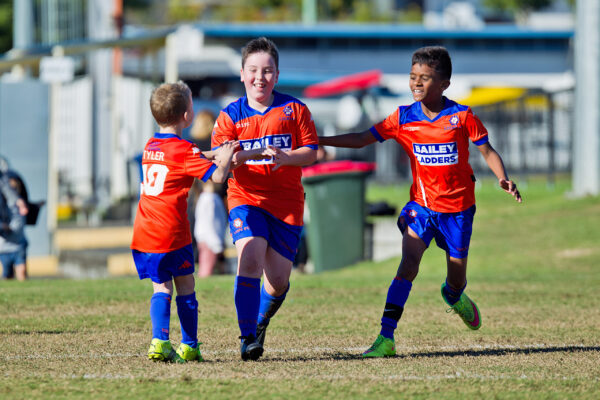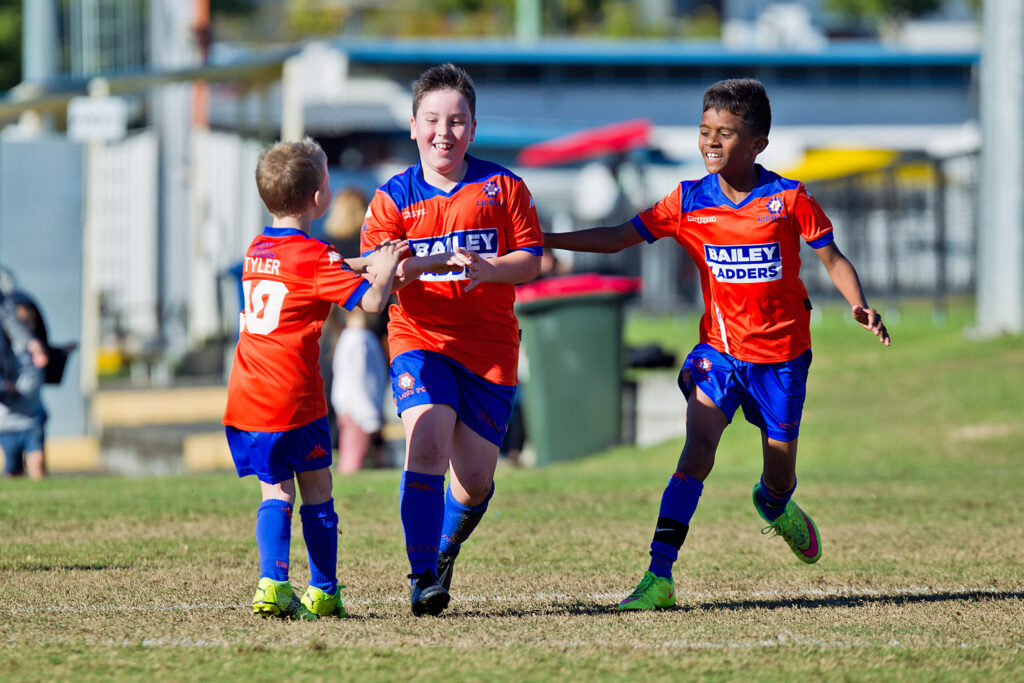
New Football Federation Australia (FFA) CEO James Johnson says addressing how the organisation can adapt to constant change will be one of his biggest priorities.
Speaking in front of media for the first time since his introduction to the CEO role, Johnson has come with a plan to transform the FFA into an organisation fit to handle any challenge that comes its way, both in a local and international scale.
Here are some of the key points that Johnson made as part of his introduction, where he discusses how the FFA needs to signal its intent as it aims to become a leading and respected organisation in the global world.
Related Story: FFA’s appointment of James Johnson is promising but where in the world does he start?
He outlines where he thinks FFA is at today and what he’s seen.
“The FFA has been through a very challenging period, which in our history in football has been the most transformational we’ve been through,” he said.
“In 2018 we went through the congress reform – during my time at FIFA I got to see many of these all over the world and know what sort of transformational change come as a consequence of these reviews.”
“We’re also in the midst of the unbundling of the A-League and this is a step in the direction of professionalisation, it means the Australian football governance framework is becoming more sophisticated.
“We also need to look at the domestic environment we’re operating in, as a football community and we’re shifting to a model where stakeholders are participating in a meaningful way more so than in the past.”
Having spoken about the need for change, Johnson outlined the specific plan and vision that will build towards a more sustainable future for FFA.
“I’d like to see the FFA become a really unified organisation,” he said.
“The FFA needs to connect the game together, including the stakeholders, government and commercial partners.
“This is a role the FFA can play, and should become a football first organisation and drive the football agenda.
“The third theme is the organisation transforming from something local to one that thinks globally.
“We need to acknowledge this is a global sport with many opportunities and learnings that we can bring back to the Australian game.”
Australian football has seen some complex and pressing issues over recent years – as Johnson commences his duties he is aware of some key topics that need addressing.
“We need to finalise the unbundling of the A-League,” he said.
“We need to find a governance model where both the league and FFA need each other to both grow.
“There’s many good examples that exist out in the global world of football and I’m hoping I can bring this experience back to add value in these discussions.
“We’re obviously bidding for the Women’s World Cup in 2023, this is an ongoing process and part of it with a decision in June.
“This is another immediate priority and we need to look at how we best position ourselves as a leading candidate to win the Women’s World Cup hosting rights.”
Perhaps one of the biggest talking points in Australian football is the desire for a national second division that pits National Premier League sides against top-flight A-League opposition.
Johnson confirmed that it is in his interest to introduce this and are going through a process about how the competition structure would change.
“We don’t have a second-tier competition but these discussions are happening,” he said.
“I don’t see any reason why we cannot have a second tier competition.
“I’d like to look at the FFA Cup and also the NPL and how we grow these products.
“One learning that I’ve had being involved in the Champions League discussions is that every year a great competition like the Champions League is reviewed and discussed with stakeholders at the table trying to make the competition better every year so it continues to grow.
“I’d like to have a look and discuss women’s football – this is a real key priority now all over the world.
“You’ve got FIFA, UEFA and big European clubs all investing in this area, so how do we on this side of the world be a major player in the global discussions of women’s football, I think that’s something we need to look at.
“I’d also like to look at the pathways and how we ensure that we open access to all parts of Australia.
“Are the registration costs too high – can we find mechanisms such as training reward or solidarity mechanisms to ensure that clubs all over the country are incentivised to develop players.
“This is something that I’d really like us to look at and debate in the near future.”
Source: https://www.ffa.com.au/news/watch-james-johnsons-first-media-conference-ffa-ceo



















